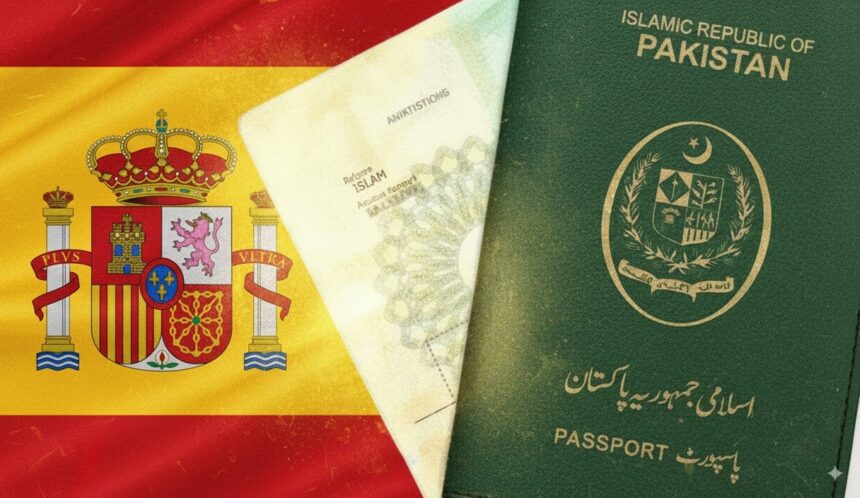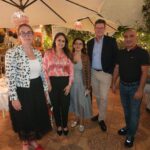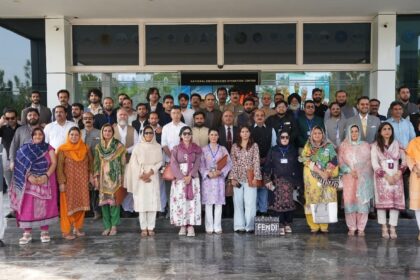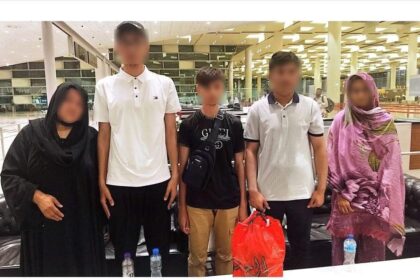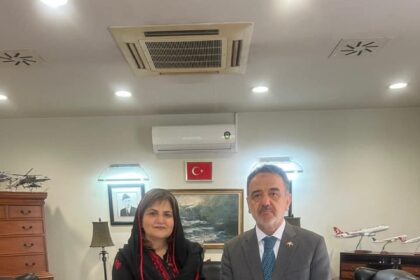Pakistani nationals who work remotely can apply for Moldova Nomad Visa, a residency permit that lets freelancers, entrepreneurs, and remote employees live legally in Moldova while continuing jobs or businesses based elsewhere. The program aims to attract digital nomads with lower income requirements and an affordable cost of living compared with many other European options.
Moldova is positioning itself as an appealing destination for remote workers thanks to its low cost of living, scenic landscapes, and proximity to Eastern Europe. The visa’s income threshold is relatively modest, requiring applicants to demonstrate a monthly income of roughly US$1,500–2,000 (about €1,290–1,700), a level that makes the program accessible to many Pakistani freelancers and remote professionals.
The residency permit is initially valid for up to two years, with the possibility of extensions that could allow stays of up to five years. Visa holders can participate in Moldova’s growing digital nomad community and take advantage of the country’s cultural offerings and affordable lifestyle while continuing to work online for foreign clients or employers.
Applications are expected to be handled by the Bureau of Migration and Asylum, with submission options likely to include both in-person and online filings once an official portal is available. Processing fees are estimated in the range of €40–80.
Required documentation will likely include a valid passport, recent passport-size photos, proof of employment or self-employment such as contracts, and proof of housing in Moldova. Applicants should monitor official channels for final instructions and any additional documentation requirements.
A nomad visa is a special residency permit designed for remote workers, freelancers, and entrepreneurs who wish to live in a country without taking up local employment. Many countries have introduced similar programs to attract global talent, and Moldova’s initiative joins this wider trend by offering a relatively affordable entry point for long-term remote living.




